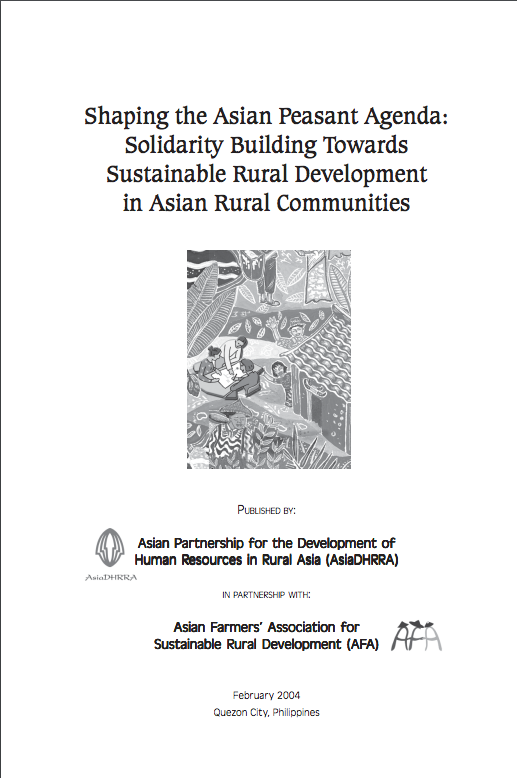Natural Resources Management Act 2004.
The objects of this Act, consisting of 233 sections divided into twelve Chapters and completed by four Schedules, include assisting in the achievement of ecologically sustainable development in the State by establishing an integrated scheme to promote the use and management of natural resources in a manner that recognises and protects the intrinsic values of natural resources; seeks to protect biological diversity and, insofar as is reasonably practicable, to support and encourage the restoration or rehabilitation of ecological systems and processes that have been lost or degraded; provides






